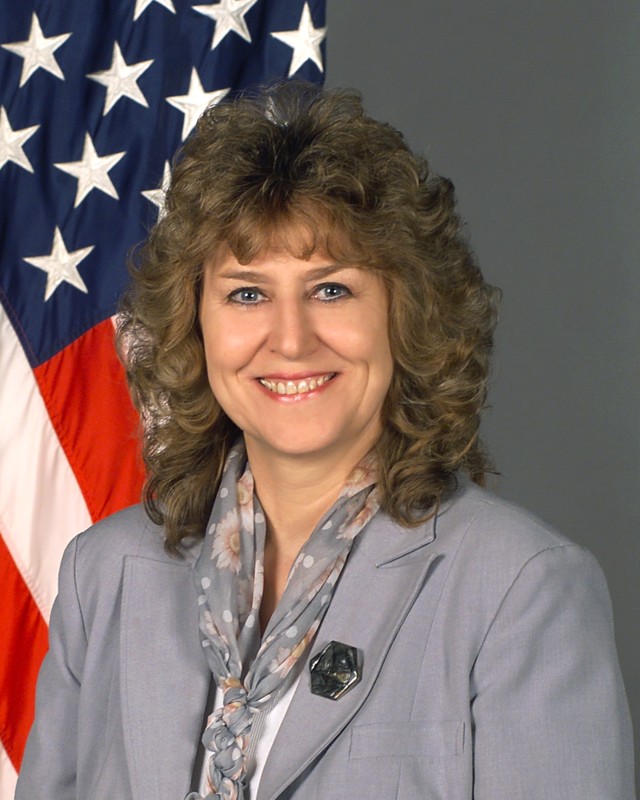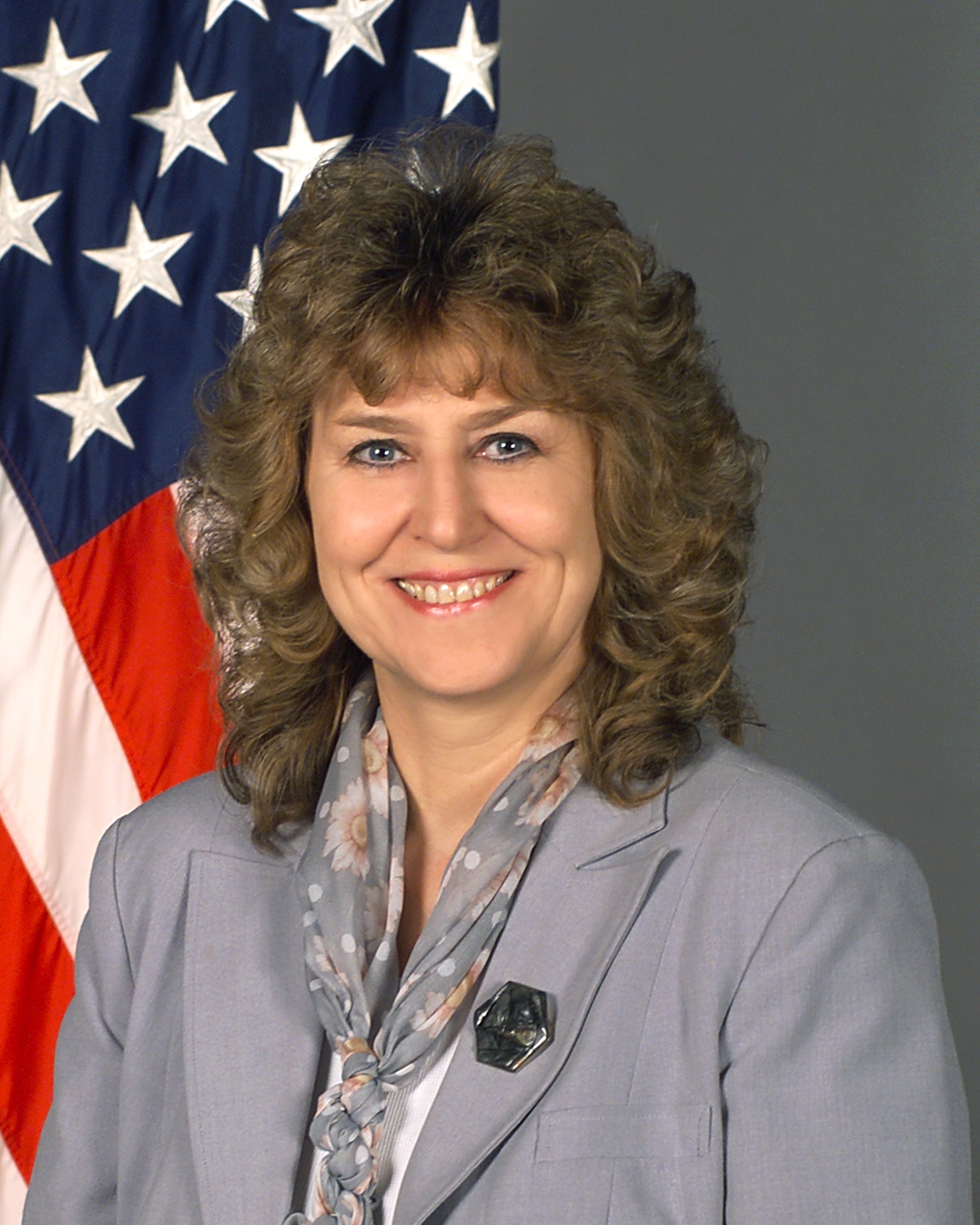
HEIDELBERG, Germany - In 1975, Volkswagen introduced the Golf, Wheel of Fortune premiered on NBC, and a 17-year-old Grazyna Richter (Marek), better known as Nina, began her career with the U.S. Army in Germany.
The daughter of two Polish parents, both deported to Germany as children to work in labor camps during World War II, Richter discovered at a young age what impact the U.S. Army had on her family.
"After the war ended, the labor camp was freed by American Soldiers, but since my dad was only 17, he ended up in one of the minor kid camps," Richter said. "He quickly got his license, though, and began working for the American government as a truck driver transporting coal for American installations."
Her father eventually put himself through night school and became a technical draftsman/technician with the U.S. Army, working for real property and responsible for space utilization in their hometown of Ludwigsburg. Her mother took a position as the secretary for the U.S. commander there.
"The U.S. Army is a very good employer," said Richter, who is now the director of resource management for U.S. Army Garrison Baden-WAfA1/4rttemberg. "I remember mom and dad coming home from work, always happy and smiling."
Richter soon got her chance to experience working for the U.S. Army first hand during the summer of her senior year when her father said they were short at work and that she would be helping him.
"So the first time I ever went to work for the U.S. government was as a volunteer," Richter said. "I would walk with my dad, measure a building, count the number of people who were occupying the facility, and write down who they were and what outfit they belonged to. I did that for three to four weeks, and then I told my dad, 'This is ridiculous, I need to get some money for this.'"
Richter's father told her about an intern program offered by the U.S. government and encouraged her to take advantage of it.
"So I went and applied," Richter said. "My English was pretty good at that time, so I passed the translation and the typing test and started out as a clerk, typist and translator for the Directorate of Engineering and Housing in 1975."
During her first couple of years, Richter discovered exactly what career path she wanted to take.
"Once I was employed, I saw how complex the Army is structured," Richter said. "The more I learned about DEH, which is now the Directorate of Public Works, the more I got interested. Money was interesting for me, money and resources, so I moved into that field and went to all the schools that needed to be done."
Richter has held various program analyst and resource management positions over the years, serving the Stuttgart, VII Corps and Heidelberg communities, before becoming the resource management director for USAG Baden-WAfA1/4rttemberg in 2005. She is now responsible for the correct, timely and legal execution of $3.6 million and the manpower personnel management of about 1,800 employees.
"I always wanted to become the director of resource management one day, and finally I had the opportunity to do that," Richter said. "I like my job, and I like the people. Honestly, it's an honor and a pleasure every day."
The pride she takes in her work is evident to others in the community. The U.S. Army Installation Management Command recently recognized Richter with the Stalwart Award, which is given to IMCOM employees who perform in an exemplary manner, set the standard as agents for change in installation management, and contribute significantly to the command's success in carrying out the IMCOM mission.
"Her technical expertise and detailed understanding of the budgeting process was crucial in sustaining operations under less than optimal funding conditions," said Roy Hurndon, deputy commander for USAG Baden-WAfA1/4rttemberg. "She consistently charted the best course of action for the command during times of fiscal turmoil, always developing innovative solutions to resourcing problems."
Richter also was nominated for the award because of her leadership ability and personal attributes.
"She demonstrates selfless service, day in and day out, and wastes no time taking on the tough tasks," Hurndon said. "Her integrity is unparalleled and of the highest standard, and her products and services to the garrison are consistently superior. She is a visionary leader who inspires others in the face of adversity and exhibits amazing dedication to mission accomplishment."
Even though it was an individual award, Richter said she feels the achievement belongs to many.
"I am very honored and at the same time very humbled, because I am a firm believer that while a person is honored, it's really a group that has achieved it," Richter said. "In this case, there would have been no way for me to achieve this type of award without first, the staff that I have, which is very loyal, very dedicated, very knowledgeable.
"Then of course my peers - we have a great team, we all work together very well. We really embrace the spirit of teamwork. Even though I am the one who received the award, it's really a garrison award."
While Richter mainly deals with money and resources on a daily basis, she most enjoys a different aspect of her job.
"The interface with people and with customers and with Soldiers is my favorite part of this job," Richter said. "Probably strange out of an RM's mouth, but it's the people part in my job and making it happen for them. For me, even though budgets are always tight, I'm always trying to find a way to make it happen. People ask for the world sometimes and we may not be able to give them the world, but we may be able to give them a tiny little piece of it and start with that."
During her almost 40 years of service, there are no regrets about the career path she chose in 1975.
"I know I made the right decision working for the U.S. government," Richter said. "Not only did they take care of my parents after World War II, but it allows me to give something back."

Social Sharing